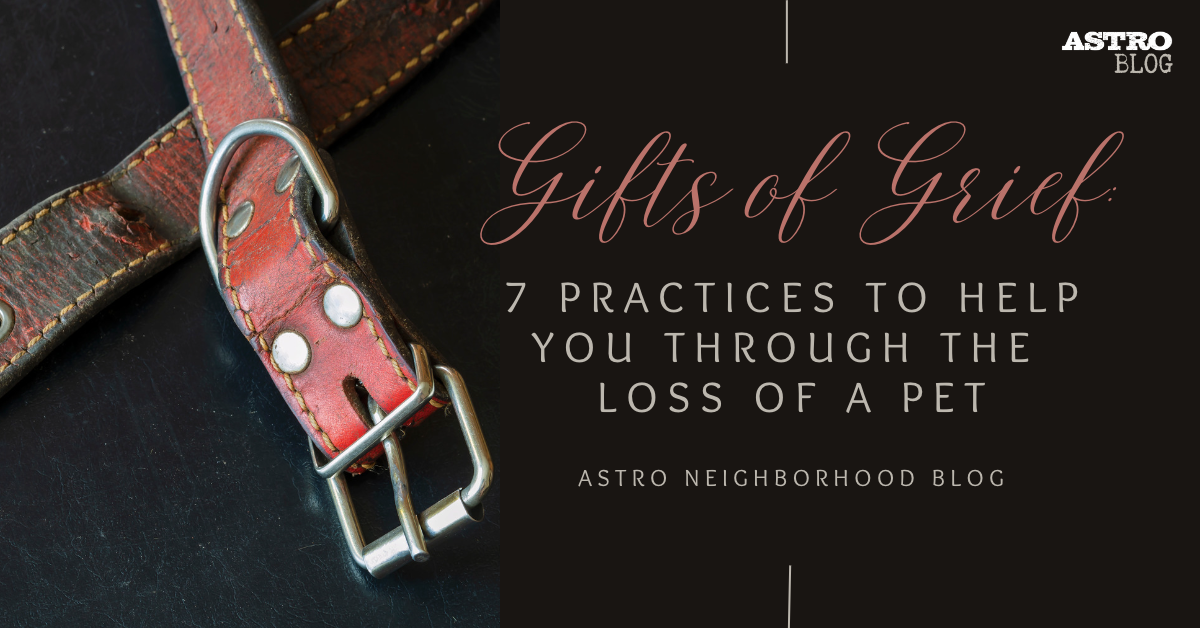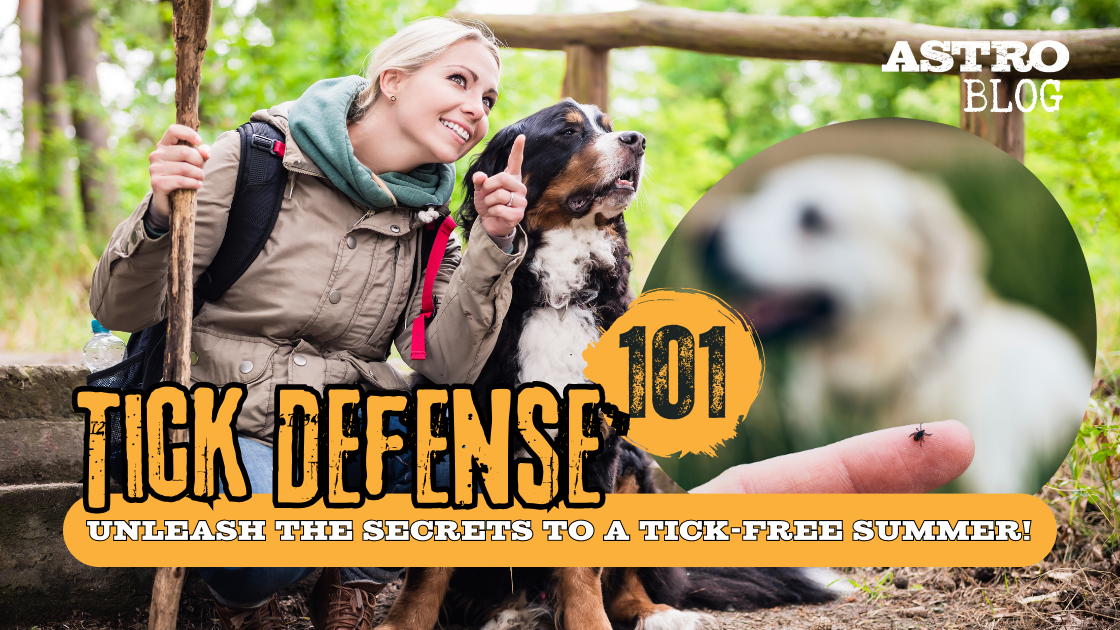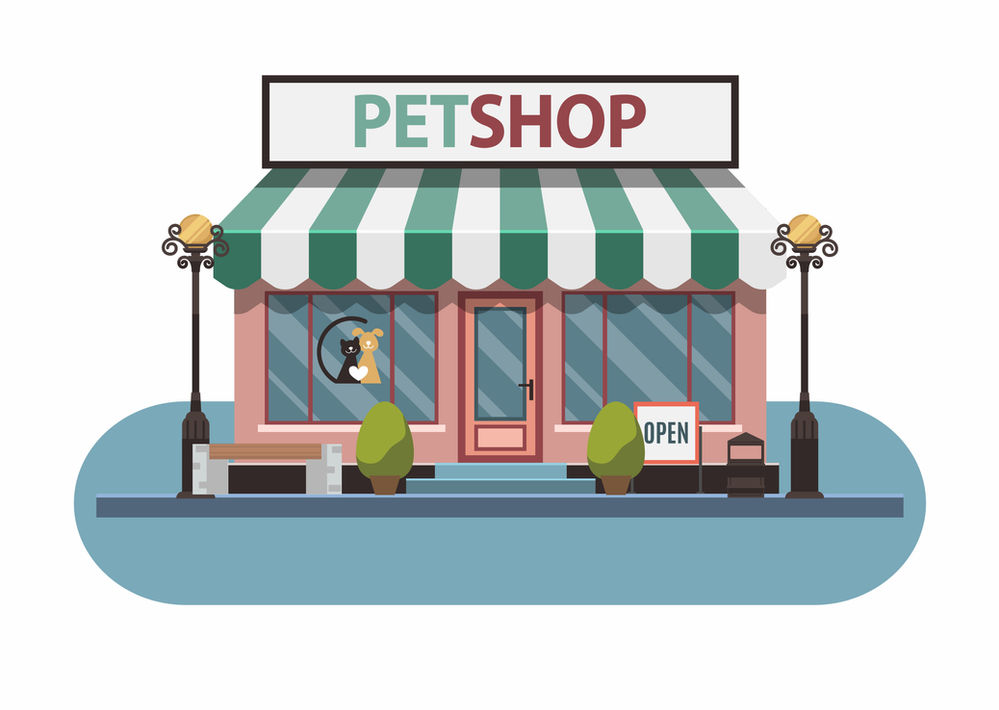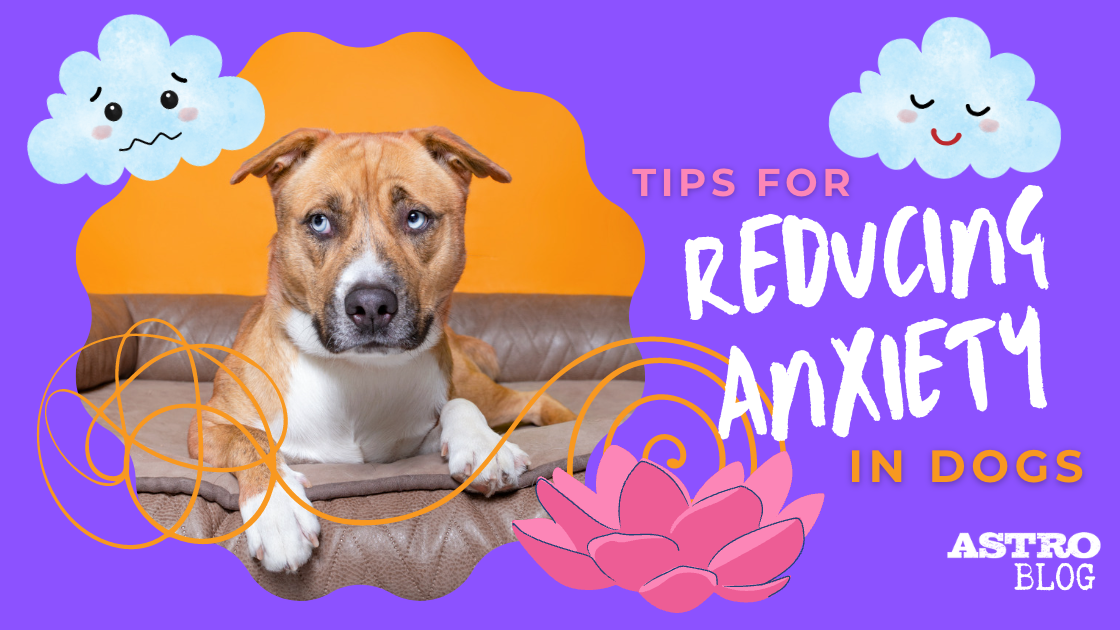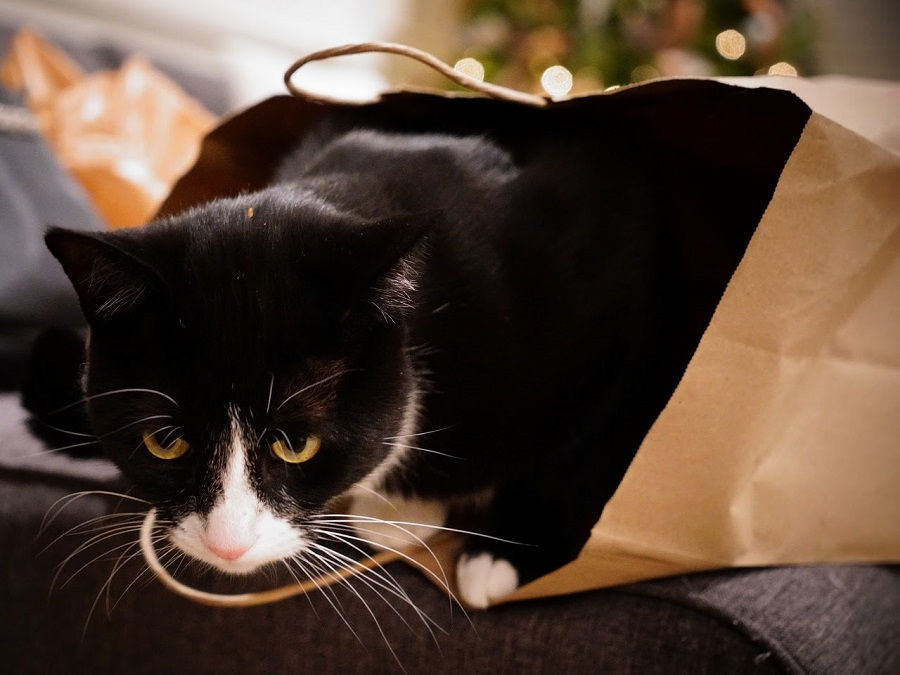Forming a bond with a pet—no matter whether it’s your beloved dog, cat, bird, reptile, fish, or other species—can be one of the most rewarding experiences in your lifetime. Pets provide us with unconditional love and understanding, and for many of us, they hold the title of best friend.
Whether your pet wags its tail excitedly every time you come home. Or you bring them along with you on every road trip; there’s an indescribable bond between pets and their people.
Because the bond between pet and owner is so strong, losing a pet can be one of the most emotionally devastating experiences an individual can go through. It’s never easy to cope with the loss of a loved one, whether they are a human being or a furry or scaly friend. Knowing how to handle your grief during this difficult time can help you cope with your emotions and honor your pet.
Acknowledge Your Grief
Acknowledging your grief can be extremely challenging and often confusing, but it’s important to process your feelings. Everyone is different, which means the pet grieving process is different for everyone.
There is no one way to grieve, and there are no emotions you “should” be feeling about your pet. Your emotions are not too extreme, and you should acknowledge and express them in a safe environment instead of trying to dismiss them.
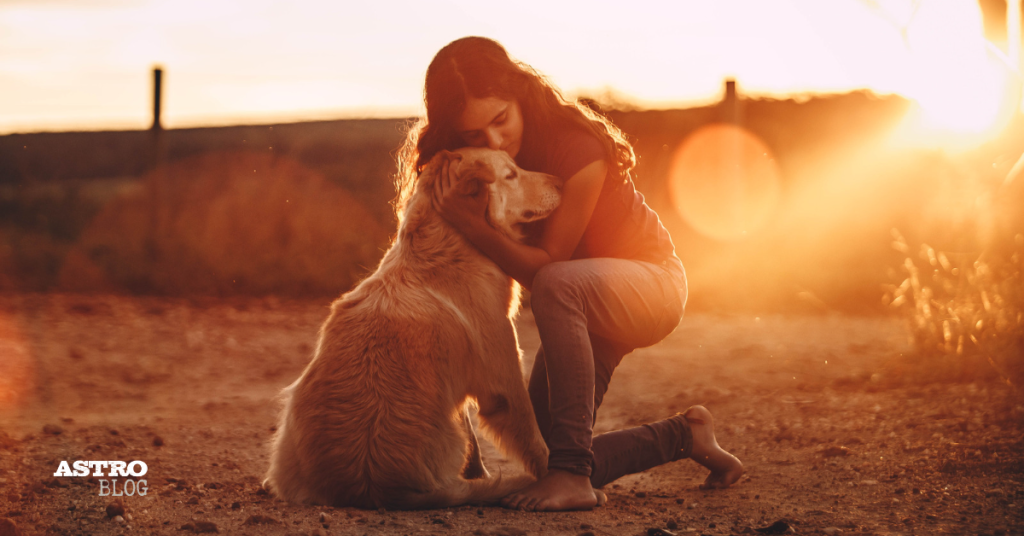
Confronting these powerful emotions can be incredibly difficult in the moment, but ignoring them will only make it harder to cope with the loss over time. Whatever you’re feeling right now, do not push it down or bottle it up—let yourself feel it. The best way to approach coping with grief is to accept and process emotions as you feel them.
Practice Self-Care
During a difficult time like grieving the loss of a pet, keeping up with your health and well-being is one of the best things you can do for yourself in both the short term and long term.
If you can, it’s a good idea to take time off from work and other obligations to give yourself time to process the loss and take care of yourself. Be gentle with yourself and attentive to your own needs.
Create a Memorial
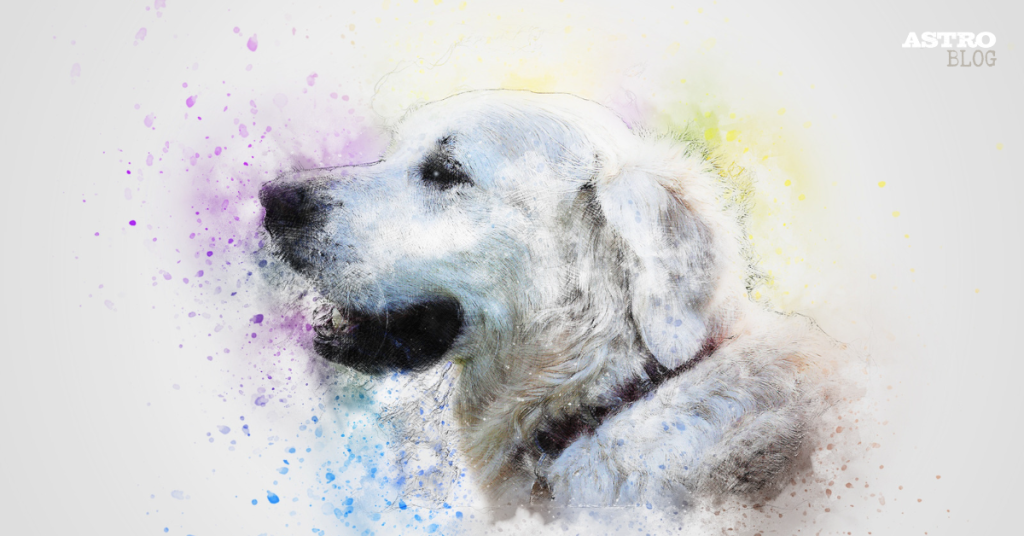
Physically memorializing your pet can bring you comfort and give you a way to forever honor your companion’s role in your life.
For example, you could create a photo gallery or scrapbook, make a box and fill it with sentimental items, or get a keepsake copy of your pet’s paw print. Additionally, you could create a piece of art representing your pet or keep their collar, water bowl, or favorite toy in a special place.
Holding a memorial service can also be a meaningful way to remember your pet alongside those who were closest to them. At the memorial service, friends and family can share memories about your pet and may even be able to bring photos or other memorabilia of their own to share.
Don't Isolate Yourself
For some pet owners who are dealing with the loss of a pet, it can be tempting to isolate and spend more time alone during the grieving process. While it is okay to take the time you need to process your feelings on your own, you should not hesitate to reach out to your support system during your time of need. Your support system might include friends and family, mentors, clergy members, or even friendly pet parents you met at the local dog park or pet store.
In addition to reaching out to those close to you, it can be helpful to find understanding from those who have also gone through the loss of a pet. You can find pet loss support groups both online and in person.
Use Healthy Outlets for Your Emotions
After the death of your pet, it’s normal to feel overwhelmed with emotions. You might feel devastated, nostalgic, hurt, confused, etc., all at the same time. For many people, it is helpful to express those emotions with the help of a healthy outlet, whether that’s painting, writing, drawing, exercising, seeing friends, baking, and so on.

Seek Help if You Need It
If you’ve been overwhelmed with grief for several weeks or more and you’re unable to function in your daily life, consider speaking to a grief counselor or therapist to help you process your pain and cope with the loss of your pet.
Losing a pet can be one of the most difficult times in our lives, especially considering our animal companions can sometimes be even closer to us than our human friends. The pet grieving process can be complicated and confusing, but there are ways to make it through and honor your pet in the process.
Care for Other Pets
After losing one of your pets, you might find it hard to get back on track with your daily life. As much as possible, you should continue to follow your typical daily routines, especially when it comes to any other pets. Continuing to care for, play, and spend time with your other pets can remind you of how rewarding it is to care for your animals and help ease the pain of the loss.
If you don’t have any other pets, it’s natural to consider getting another one after the loss (it’s also natural not to, so don’t worry!).
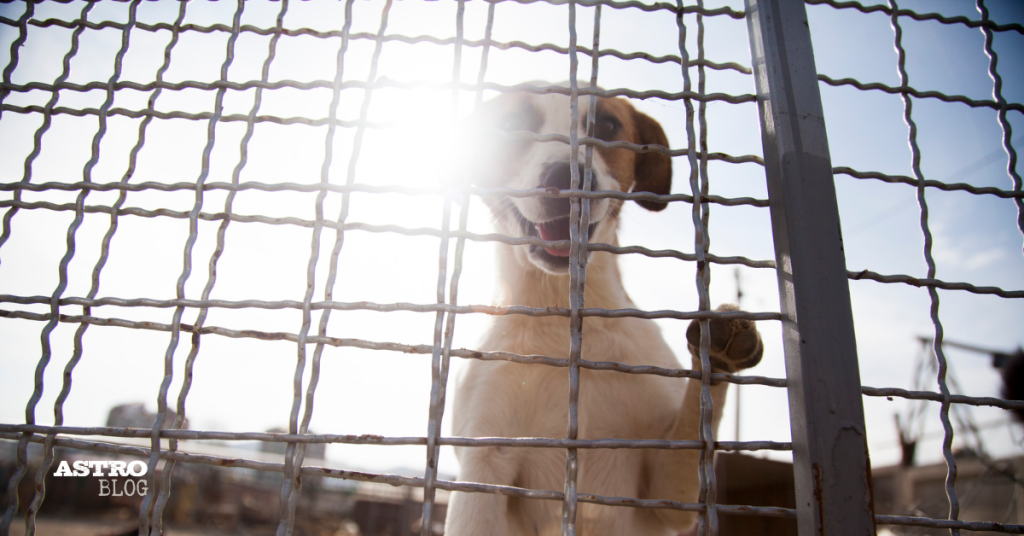
You might feel guilty about getting a new pet, but a new pet is not a “replacement” for your friend who passed away; instead, they are a completely new companion with a unique personality you can get to know.
There’s no right or wrong time to get another pet after your loss. People may have their opinions about timing, but what matters is what works for you and those close to you. When you’re ready, consider adopting instead of going to a breeder to change a pet’s life forever. 🖤


